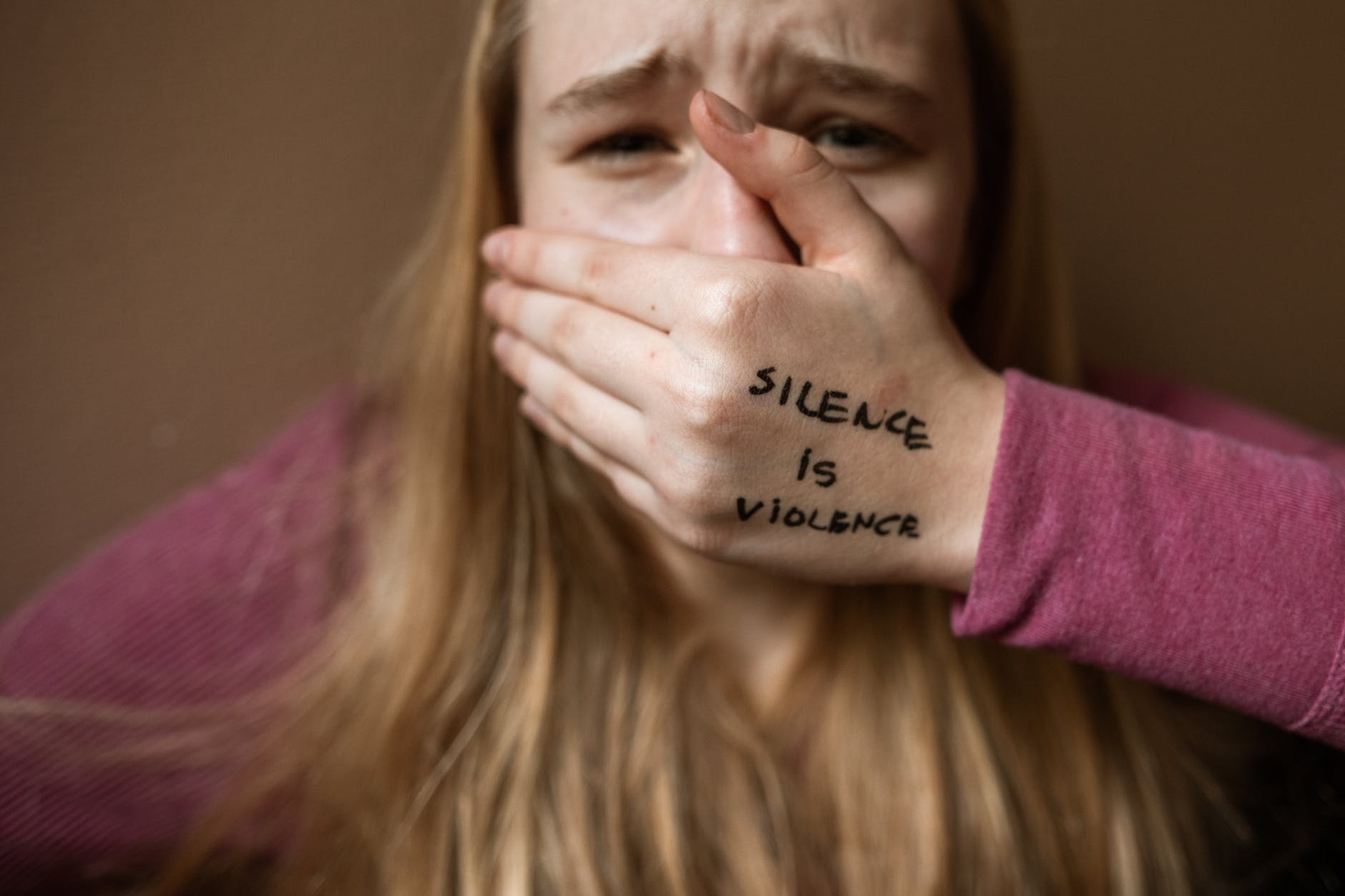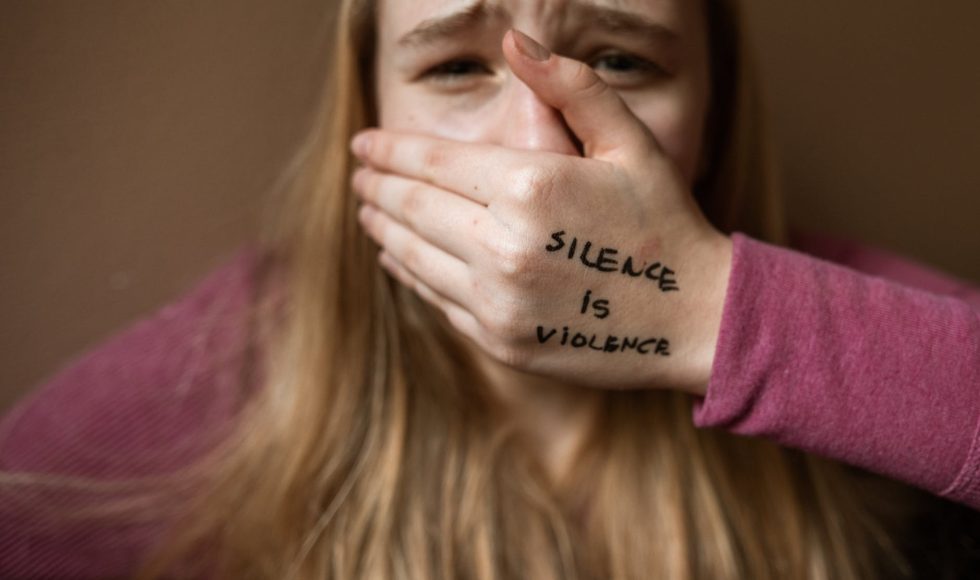Anuja Gupta presented at Lilly Conference Online on “Micro-Affirmations in Higher Education.” Gupta is the Chair of the Business Department and MBA Program Director. The objectives of the session were to understand microaggressions and micro affirmations. Gupta talked about race in higher education and the disparities that exist because of a lack of college readiness. Students also face microaggressions and systemic biases in college. This adds to the cognitive and emotional burden, mentioned Gupta. They defined micro-aggression as “brief and commonplace daily verbal, behavioral, or environmental indignities, whether intentional or unintentional, that communicate hostile, derogatory, or negative… slights and insults” citing Sue 2007 p. 271. Microaggressions could be verbal, behavioral, or environmental. Gupta played a video from lookdifferent.org about speaking without an accent or getting into a school. The videos are thought-provoking and could be used in courses. Gupta facilitated a discussion and reflection during the session. Participants shared examples and their thoughts. Gupta said, “microaggressions… it is not micro for the victim” and that microaggressions have been called “toxic raindrops” to highlight the impact. I had not thought about the types of reactions experienced by a victim. Gupta mentioned:
- Cognitive reactions: an internal dialogue about whether to respond
- Behavioral reactions: careful attention to word choice, tone, posture, and body language
- Emotional reaction: exhausted, angry, anxious
Gupta suggested responding with: inquire, reframe, indentify, and diffuse. Gupta defined micro affirmations as “tiny acts of opening doors to opportunity, gestures of inclusion and caring, and graceful acts of listening.” I thought that the act of affirming with “I’m glad you’re here” and the use of resources is normalized was an important addition. Gupta encouraged acknowledging micro affirmations, empathy, positive engagement, and then greater learning! Gupta had time to answer questions and engage in discussions for a couple of minutes. One of the important points raised was that there is history that the victim may not know. My takeaway was the importance of awareness and retraining ourselves to learn and engage in dialogue.



